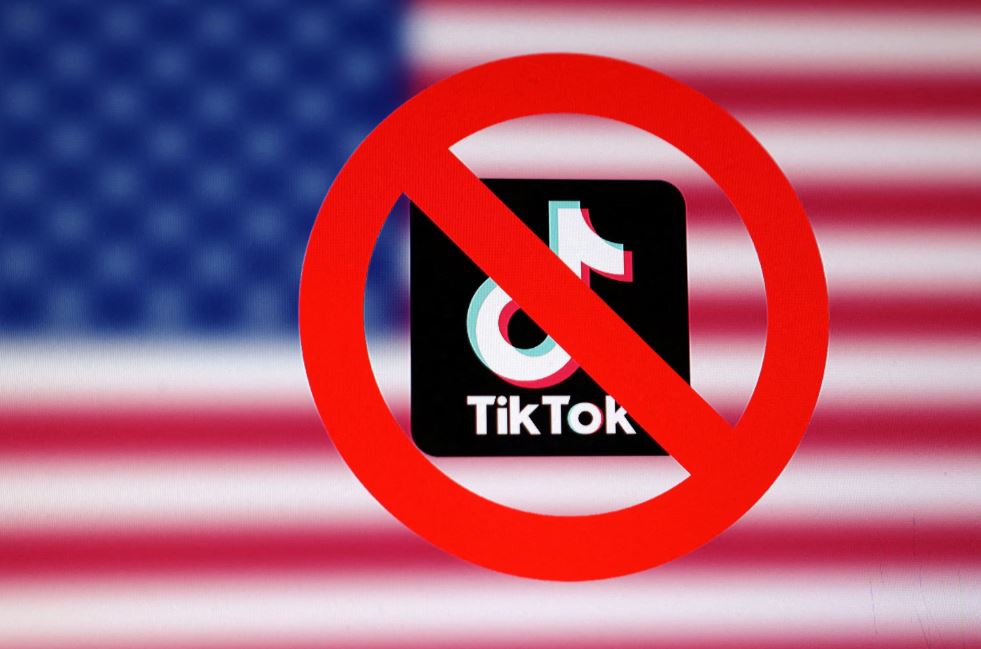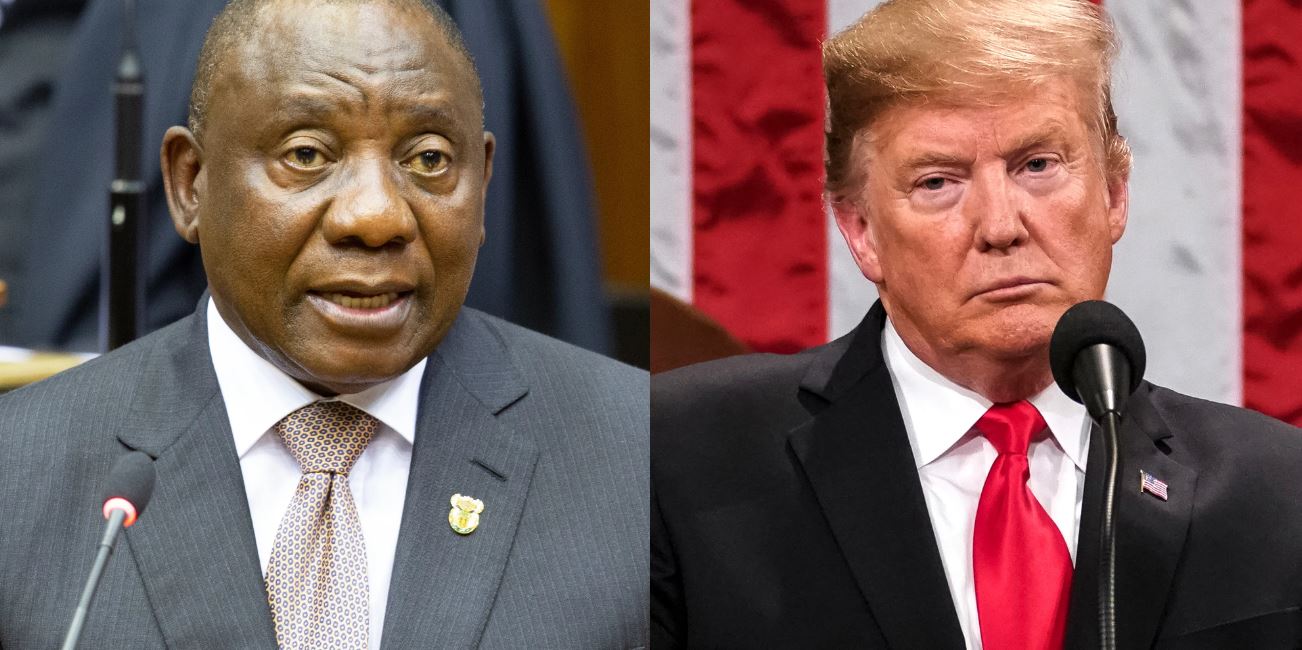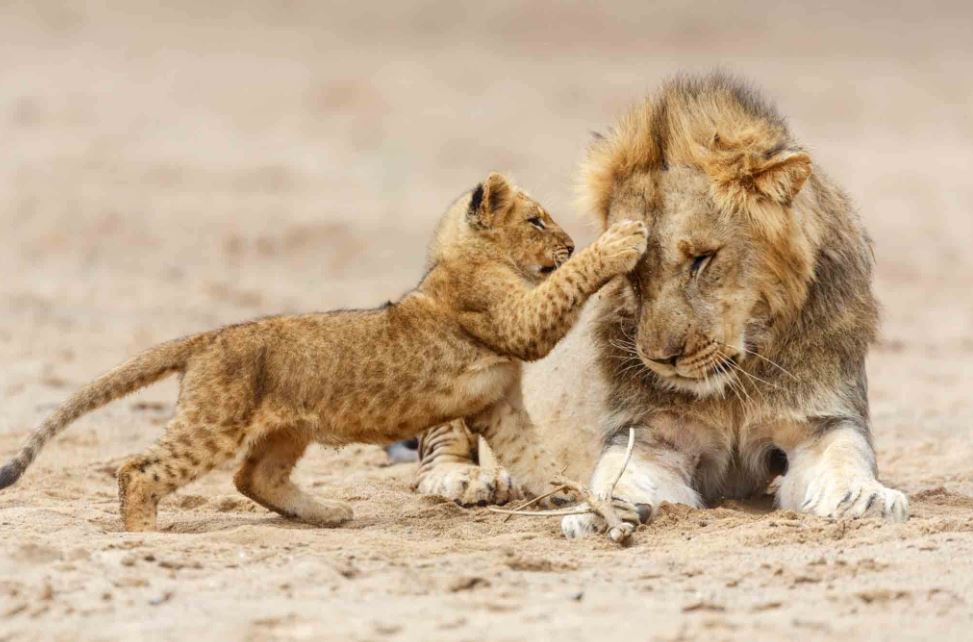For the first time in history, TikTok has been officially banned in the United States, leaving millions of users unable to access the app and its services. This unprecedented move has ignited significant discussions online, with many sharing their views on the implications for content creators and businesses that heavily rely on the platform.
The ban is reportedly part of the U.S. government’s efforts to regulate data security and prevent perceived threats from foreign-owned apps, particularly those linked to China. TikTok, owned by the Chinese company ByteDance, has faced scrutiny over its data handling practices and alleged ties to the Chinese government.
Mixed Reactions to the Ban
The decision to ban TikTok has evoked a range of reactions. Many users have expressed disappointment, highlighting the platform’s role as a source of entertainment, employment, and communication across diverse age groups. TikTok has been a hub for creativity, providing a stage for individuals to showcase talents, share ideas, and even generate income through partnerships and advertisements.
On the other hand, some view the ban as an opportunity to explore alternative online platforms. For businesses and influencers, this could mean shifting their strategies to other social media channels or emerging platforms.
For those who want to explore what TikTok offered before its ban, you can visit the official TikTok website.
The Bigger Picture
The U.S. government’s action reflects a broader conversation about digital security and foreign influence. By restricting access to TikTok, the administration aims to protect user data and national security, but this decision also raises questions about the balance between regulation and user freedom.
Efforts to address these concerns include alternative proposals to safeguard TikTok’s operations in the U.S. without a complete ban. For insights into potential solutions, check out the discussion on O’Leary and McCourt’s plan to secure TikTok amid U.S. ban threats.
What’s Next for Content Creators and Businesses?
While TikTok’s ban poses challenges, it also signals the need for diversification. Content creators and businesses should consider leveraging other platforms such as Instagram, YouTube, and emerging competitors to maintain their online presence.
This development serves as a reminder of the rapidly evolving digital landscape and the importance of adaptability in navigating changes. As the conversation continues, it will be interesting to see how creators, businesses, and governments respond to this transformative moment in the social media world.
Stay tuned for more updates on this story and related topics at Bongo Fame!








[…] For more trending stories, read also: TikTok officially banned in the U.S. […]
[…] For more details on the challenges TikTok faced during this period, read the full story here. […]